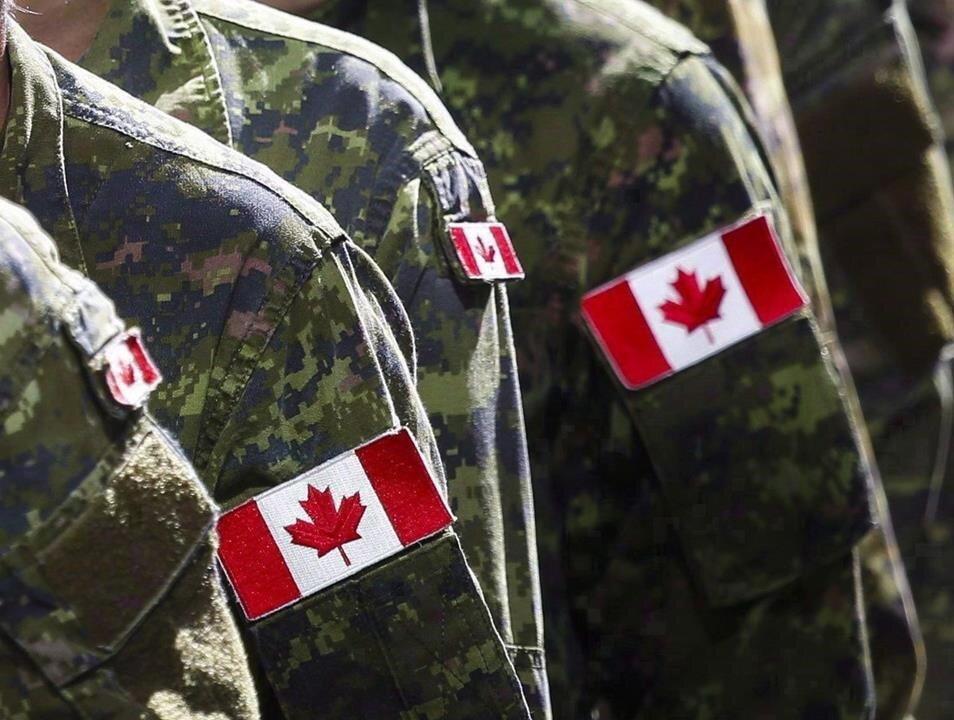The Canadian military has decided to repeal a long-established regulation directing troops to report cases of misconduct, explaining that it’s been counter-productive and has harmed the victims.
“It’s really counterintuitive. We want to encourage people to report misconducts, but the effects of this regulation have been in fact counter-productive,” Lieutenant-General Jennie Carignan said in announcing the policy change on Aug. 30.





